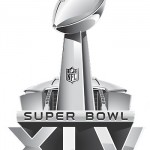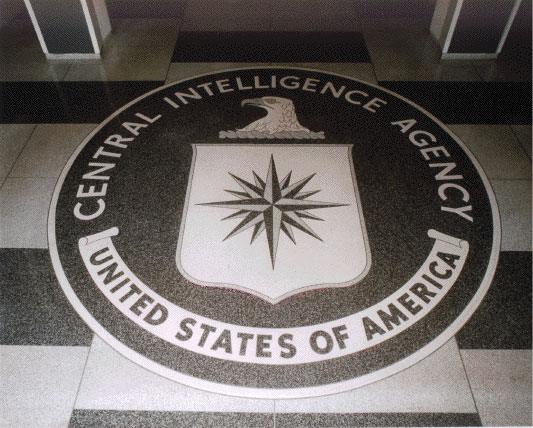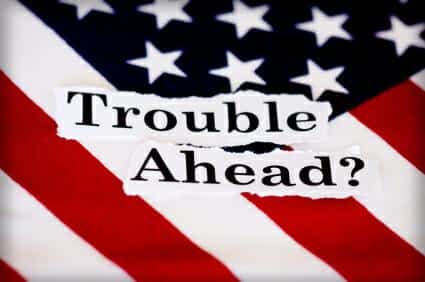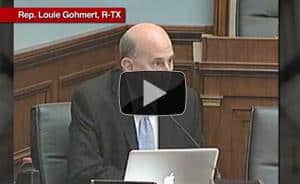 ARLINGTON — After the eighteen-day success of mass protests in Egypt to overthrow its thirty-year dictator, groups of Americans have been moved to protest numerous injustices in the U.S. “It’s what all the cool kids are doing,” said Jeff Mantel, outside Dallas Cowboy Stadium in Arlington, Texas. Mantel led a crowd of two thousand protesters, rallying in support of 400 season-ticket holders who were denied seats at the Super Bowl. “These brothers need to sue the Cowboys and the tyrannical NFL for this hellish oppression,” said protester Jake Newman.
ARLINGTON — After the eighteen-day success of mass protests in Egypt to overthrow its thirty-year dictator, groups of Americans have been moved to protest numerous injustices in the U.S. “It’s what all the cool kids are doing,” said Jeff Mantel, outside Dallas Cowboy Stadium in Arlington, Texas. Mantel led a crowd of two thousand protesters, rallying in support of 400 season-ticket holders who were denied seats at the Super Bowl. “These brothers need to sue the Cowboys and the tyrannical NFL for this hellish oppression,” said protester Jake Newman.
The anti-NFL crowd shouted “Egypt” for a solid twenty minutes before growing weary. Through a megaphone, Barry Jones, another protest coordinator said, “The Egyptians got rid of Mubarak by protest, and we demand Jerry Jones step down. Leave now.” Mantel explained that some ticket holders had paid $100,000 for preferential Super Bowl seating, and they “had to sit on metal chairs, in places where you couldn’t even see the scoreboard.” He broke down crying and could not continue.
After two hours, the protesters began to disperse when many grew hungry and could not remember why they were there. Earlier, others had been drawn off by a large ice cream truck that protest leaders said had been sent by Jerry Jones.
The Super Bowl seating protest was carried live by CNN and FOX, and news of the protest spread to other parts of the country. It inspired protesters in Hollywood to gather outside of a taping of American Idol to demand a return of celebrity judge Simon Cowell. “Who can bear the pain without Simon?” asked one participant. “I know Simon Cowell, and I know Steven Tyler, and Steven Tyler is no Simon Cowell,” said Emily Thomas. Protesters emptied several trash cans in front of the theater and then pulled out their cell phones to take pictures of their act and post it on Facebook.
In response to the live American Idol protest, hundreds of Cleveland Cavalier fans started a hunger strike on the night of that team’s twenty-sixth straight loss in order to stop a record-breaking losing streak. “Those protesters in Hollywood showed us what it means to stand up for what you believe in,” said Blake Neville. “We’re not going to eat until our Cavs win three in a row.” Another protester explained, “Well, we’re not eating anything but Twinkies, but that’s not real food, so it’s a fast, just like the Egyptians. And look what they accomplished.”
U.S. citizens have a long and venerable history in the annals of mass protesting. Princeton-historian Ann Galbraith argues that the Egyptians “really stole the idea from Americans in the first place.” She explained how colonial protests marked our break from British imperialism and how later abolitionists risked their lives to oppose the powerful slave economy. “And don’t forget the sixties – civil rights and antiwar protests were televised around the world, and many Egyptians saw those. They have televisions,” she said.
Psychologist Frank Jepsen worried about American patience and staying-power for these protests. “It’s true. We get distracted fairly easily. We’re a busy people with lots of goals. The Egyptians, on the other hand, don’t have many shiny things around them to draw their eyes away. We do.” He explained that eighteen days of protest might be too much for Americans because we have jobs and big mortgages to pay. “We’re definitely not lazy,” he said. “There are no studies that support that. We just have a lot of quality television. Did you see last night’s NCIS: Los Angeles?”
When asked why Americans had not protested like Greece and Ireland when all three governments had given billions of tax dollars to the largest financial institutions in the greatest redistribution of wealth in the history of the world, University of Chicago sociologist Ed Dreher suggested that “historically, Americans haven’t opposed giving charity to the wealthiest elements. They are what we want to be, and we wish them the best with our money. And banks tend to have all that authoritative marble all over the place. Who can argue with white marble?”
As Mubarak fled his palace and the Egyptian people celebrated in the streets, many thousands of American teen females gathered in mass demonstrations of squealing support for the opening night of the film Justin Bieber: Never Say Never.











